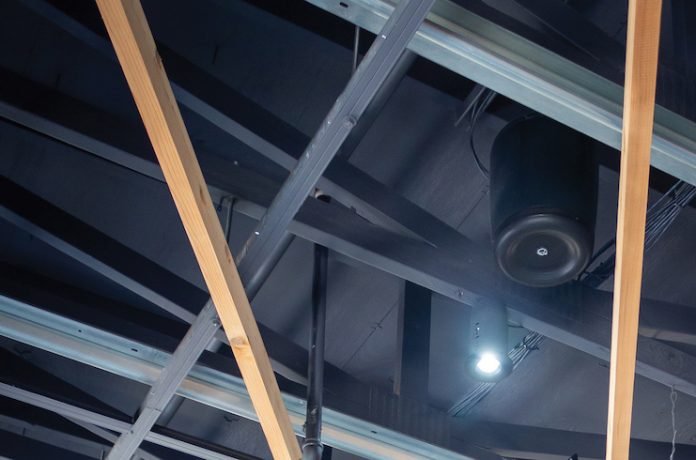
Apart from hiring the right staff, creating a great experience for hotel guests involves many physical aspects, including design, lighting, and technology. A sometimes-overlooked aspect is the audio and background music played across a property, which provides a key guest touchpoint in a variety of indoor and outdoor areas. Audio systems can create an ambiance and set a mood for guests as well as enable important communications, so it’s critical that these systems are built right, zoned properly, and correctly utilized by staff. Typical audio system equipment lasts anywhere from five to 10 years; anything older is ready for retirement.
When approaching an audio upgrade project, here are several tips for hotel operators to consider:
1Control and integration
Today, audio systems integrate with master building control systems. The key is to find audio manufacturers whose products integrate with the broader building systems and choose one to simplify control and management. Some audio systems allow for remote adjustments through a mobile device, which means audio managers don’t need to be onsite to adjust. This will save them time and alleviate stress for other staff members.
2Ease of use
The more people are given access to control audio volume or playlists, the more important it is for the system to be simple to use. Alternatively, audio managers can limit the number of people who have access to the audio controls. Lean on the project integrators and designers to recommend systems based on the usage, and ask them to highlight the products that offer greater simplicity.
3Automation
Modern audio systems can automatically adjust volume, which is beneficial in loud spaces. The volume can adjust higher to be heard in a busy onsite restaurant, or at the reception desk, music can automatically lower to allow hotel staff and guests to converse. Additionally, background music and routine paging can be programmed to be muted when high-priority messaging is being routed through the system. Automation also reduces the amount of oversight and system maintenance required.
4Loudspeakers and quality
Consider where people gather to determine where to invest more in loudspeakers (e.g., restaurants, bars, and lobby areas). Very humid areas, like indoor pools and spas and outdoor spaces, will need properly rated speakers, too.
5Life-safety communications
Many audio systems can also deliver life-safety communications through the same system. Managing one centralized control system provides major advantages in emergencies. The most critical element is the ability for users to hear the messages, and audio managers must be able to override the audio system and music.
While there are a range of options when choosing an audio system, connecting audio to an existing building control system will simplify control, generate automation opportunities, and reduce complexity and the possibility of human error. The ultimate goal is to enhance the guest experience, both in terms of creating memories and enabling efficient communications.











